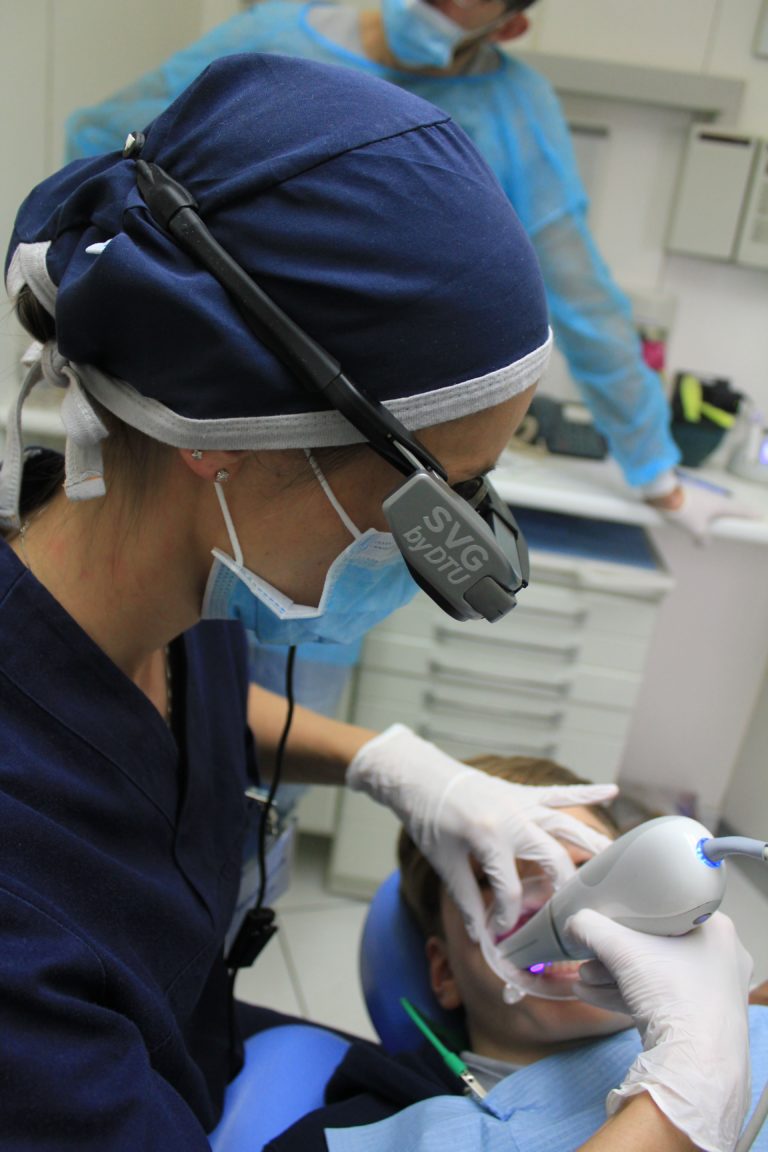INTRODUCTION
Dental crowns are prosthetics that look the same as natural teeth. It is made up of different materials like metal porcelain and zirconium. The selection of crown material is done according to the required location in the mouth. Each crown is customized according to the size and shape of the tooth.
HOW MUCH IS A DENTAL CROWN?
Dental crowns are expensive due to the laboratory charges and materials. The cost of the dental crown is dependent upon the material crown is made. A dental crown is available in all metal (gold), ceramic crowns, zirconia crowns, and resin crowns. Dentists select the crown according to the patient’s needs. Metal crowns are stronger but are not used in front teeth due to their appearance. Ceramic crowns and other types of crowns that resemble natural teeth are used in front teeth. The average cost of the crown is around 1100$ to 2000$.
IS IT WORTH GETTING A CROWN ON YOUR TEETH?
Yes, it is totally worth it to cover your damaged teeth with a crown, it will increase the health and life span of your teeth. Crowning and capping are commonly recommended on grossly damage teeth and after Root canal treatment. The tooth’s strength to bear the biting force is decreasing after RCT which will lead to split or cracking on the tooth surface, failure of root canal treatment, and end up with tooth extraction. Tooth crowning after RCT prevents the tooth from infection and further damage.
HOW LONG DENTAL CROWN LONG?
The lifespan of the crown depends upon your oral hygiene maintenance, tooth preparation for crown placement by the dentist, and the material of the crown. Hygiene is the most important factor that affects the life span of the crown. Improper brushing cause food accumulation that causes cavity on the tooth under the crown and leads to crown failure. An ideal crown that has properties of strength does not wear opposite teeth, is not discolored easily, and is aesthetic the same as a natural tooth. Dentists prepare the tooth before crown placement, by making groves on the tooth surface that increase the attachment of the crown with teeth. Good oral hygiene maintenance, the best crown material, and skillful tooth preparation can keep the crown for a long term more than 10 to 15 years.
IS IT BETTER TO GET A CROWN OR PULL THE TEETH?
Preventing the tooth structure by crowning after filling or root canal treatment is better than extracting or removing the tooth. Pulling of a tooth can arises multiple problems such as
- Tooth extraction can lead to biting and chewing problems.
- Disturb the normal teeth alignment, surrounding teeth tilting from their position to fill the gap.
- Jaw bone resorption at the place of the missing tooth
- Gums infection due to missing tooth
- Affect your smile and can develop speech problems
A dental implant is an option that remains after pulling the tooth to overcome tooth extraction problems but it is a more complex and expensive procedure. Crowning is a better option than extraction.
WHY IS CROWN IS A BETTER THAN A FILLING?
- Crown covers the tooth, provides it strength, prevent it from further damage, and increased its life span while the filling is the material that restores the small portion of the damaged tooth
- Crowning after filling the large cavity, make them tough and resilient so they can easily bear chewing force and pressure. Filling only stops the cavity to penetrate deep into the tooth, and can’t protect it from further damage.
- Crown protects the cracked tooth from further damage. Cracks are the fine lines on the tooth surface that propagate deeper into the tooth, causing tooth structure breakdown, and are difficult to heal with filling. Crowning such teeth is a better option to save them from further damage.
- Crowing after RCT is essential to protect and increase the life span of the tooth and root, and can prevent RCT failure.
- Crowning gives long-term support in the discolored and misshaped tooth than filling. A filling can be chipped off and discolored easily.
